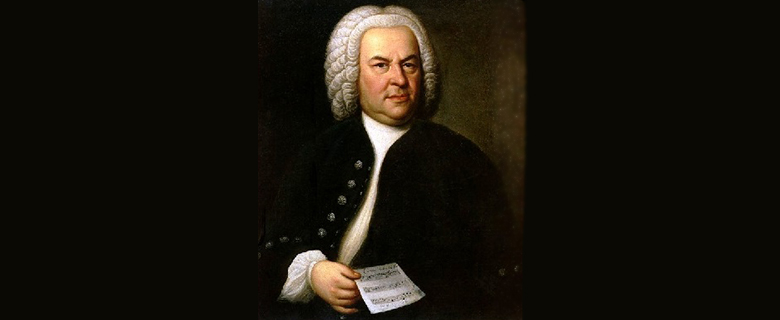
Johann Sebastian Bach, born 21 March 1685 in Eisenach, modern-day Germany, is considered one of the greatest classical composers. That lofty status would have come as a surprise to his contemporaries, since at the time of his death in 1750, Bach’s musical style was seen as outdated and he had little influence.
Born the son of a musician and the brother of an organist, Bach followed in the family business. He served as organist in Arnstadt, Mühlhausen and Weimar, where he began composing the choral cantatas that (much) later brought him fame. In 1717, he was appointed Kapellmeister, or choirmaster, at the court of Prince Leopold, which gave him the opportunity to expand his repertoire to orchestral suites, violin concertos, sonatas for various instruments and other musical genres.
Bach spent the last 27 years of his life in Leipzig, producing hundreds of cantatas, canons and other compositions. He died in 1750, but it wasn’t until the turn of the 19th century that he gained widespread appreciation, thanks in a large part to the efforts of composer Felix Mendelssohn. Today, he is celebrated as one of the all-time greats.
Want to learn more about Bach? Check out selections from our collection.
For videos about Bach and his music, including live performances, visit medici.tv, one of the Library’s Online Resources. Want to play Bach yourself? Our collection includes notated Bach compositions for a wide range of instruments.
To learn the full story about Bach, read Christopher Wolff’s Johann Sebastian Bach: The Learned Musician and Bach: Music in the Castle of Heaven, by John Eliot Gardiner (also available as an ebook).
Bach wasn’t the only composer with a fascinating, sometimes mysterious life. You and your child can explore the lives of 20 famous musicians—including Bach—in Kathleen Krull and Kathryn Hewitt’s educational and sometimes hilarious Lives of the Musicians: Good Times, Bad Times (and What the Neighbors Thought).

Add new comment